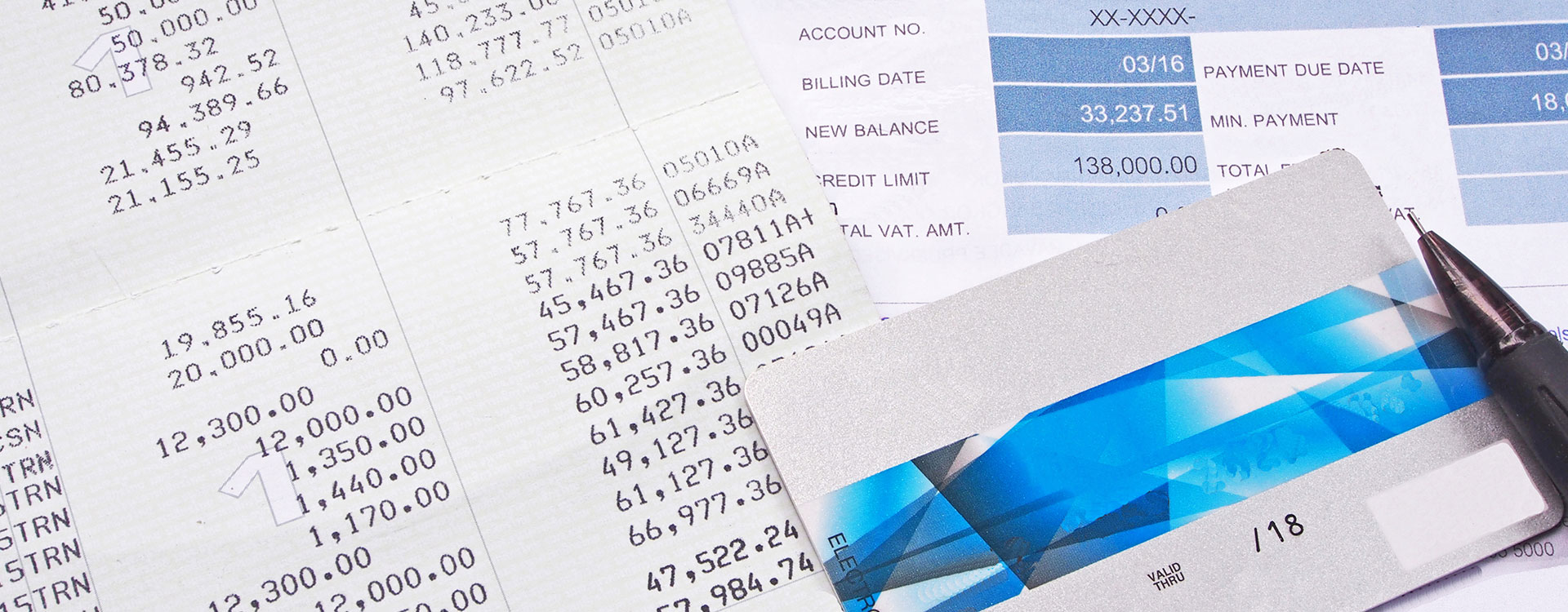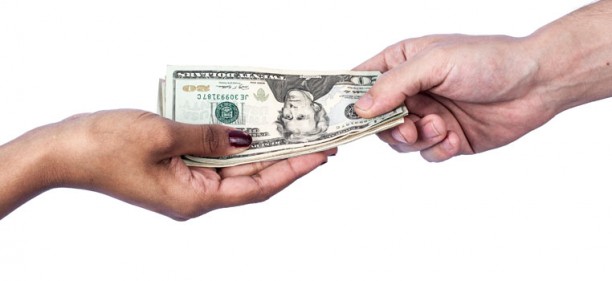A personal loan is a type of loan that can be used for any purpose.
Personal loans have a fixed rate and allow you to borrow up to a maximum of $100,000.
Personal loans can be a great way to finance a variety of big-ticket expenses ranging from home improvements to medical bills. But it's important to understand the terms and conditions before you apply.
Typically, when you take out a personal loan, you have up to three to five years to pay it back.
However, some borrowers may need help to keep up with monthly payments.
According to Experian, the average American has $17,964 in personal loan debt. Since 2010, the number of people with personal loans has grown by 32%.
If you're considering taking out a personal loan, it is essential to familiarize yourself with personal loan fundamentals.
Getting A Personal Loan With Bad Credit
Even if you have a bad credit score, getting approved for a personal loan is still possible, but it may be more expensive in the long run.
For example, the interest rate on a personal loan for someone with bad credit may be as high as 30%.
Additionally, those with a low credit score may only be able to borrow a small amount of money.
If you're denied a personal loan because of bad credit, there are steps you can take to remedy the situation:
Improve your credit score
You can get a higher credit score by paying your bills on time and keeping your debt-to-income ratio low.
Find a special lender
Another option is to look for lenders specializing in loans for people with bad credit.
Consider a secured loan
Alternatively, you may apply for a secured loan, where you put up collateral, such as a car or a house.
Understanding personal loan interest rates
The interest rate on a personal loan is essentially the cost of borrowing money and is expressed as a percentage of the amount you borrow.
Interest rates can be set as fixed or variable.
A fixed interest rate means that the interest rate will stay the same for the life of the loan. A variable interest rate means that the rate can change over time. Interest rates on personal loans are determined by your credit score, income, and debt-to-income ratio.
The better your credit score, the lower your interest rate will be. And if you have a higher income or a lower debt-to-income ratio, you may also qualify for a lower interest rate.
It's important to note that interest rates on personal loans can also vary depending on the type of lender you borrow from.
Banks and credit unions typically offer lower interest rates than online lenders. If you already have a good relationship with your bank, you may be able to negotiate a lower interest rate.
How To Apply For A Personal Loan
Applying for a personal loan may seem intimidating, but it doesn't have to be.
By following these steps, you can increase your chances of getting approved for a personal loan with favorable terms.
#1 - Check your credit score
One of the first things you should do when considering a personal loan is check your credit score.
Your credit score is a three-digit number that represents your creditworthiness.
The higher your credit score, the better your chances are of getting approved for a personal loan with a low-interest rate.
Alternatively, the lower your score, the higher your interest rate will be.
You can check your credit score for free from a number of sources, including Americor and Experian.
#2 - Shop around for personal loans
Once you know your credit score, you can start shopping around for personal loans.
There are a few primary sources where you can get a personal loan, including banks, credit unions, and online lenders.
Remember, comparing offers from multiple lenders is important to find the best rate.
#3 - Know your personal loan terms
Before you apply for a personal loan, you need to understand the terms and conditions.
The Key things to look out for include the interest rate, repayment period, and any fees.
It's also a good idea to read the fine print to ensure you understand all the terms and conditions.
#4 - Apply for the personal loan
Once you've found a personal loan that you're comfortable with, it's time to apply.
Most loan lenders will require you to fill out an online application to start the process.
Here, you'll typically need to provide information about your income, employment, and debts.
#5 - Get your money
If approved for a personal loan, the money is typically deposited into your bank account within a few days.
You'll also need to start making monthly payments, including interest, fees, and principal (the amount you borrowed).
How Credit9 Can Help You
At Credit9, we offer loan options that could provide you with the financial solution that works best for you.
Since 2018, Credit9 has provided over $460 Million in loans to over 36,000 of our customers, and we’re confident we can help you too.
For more information about Credit9’s unique debt consolidation services, contact us today to see how we can help you consolidate your debts and receive a free, no-obligation, and fully-customized Credit9 loan solution!



